I am running python 3.4 on the main.py file in the same directory. /root directory is not in python path. It is simply the current directory that the script is executing in. All pycache folders were deleted after each test
So why exactly is __init__.py important? I thought it was necessary as stated in this post:
If you remove the init.py file, Python will no longer look for submodules inside that directory, so attempts to import the module will fail.
Right now, it seems to me that __init__.py is nothing more than an optional constructor where we do housekeeping and other optional things like specifying the "all" variable, etc. But not a critical item to have.
Image showing the results of the test:
Can someone explain the discrepancy or what is the cause of this issue?
